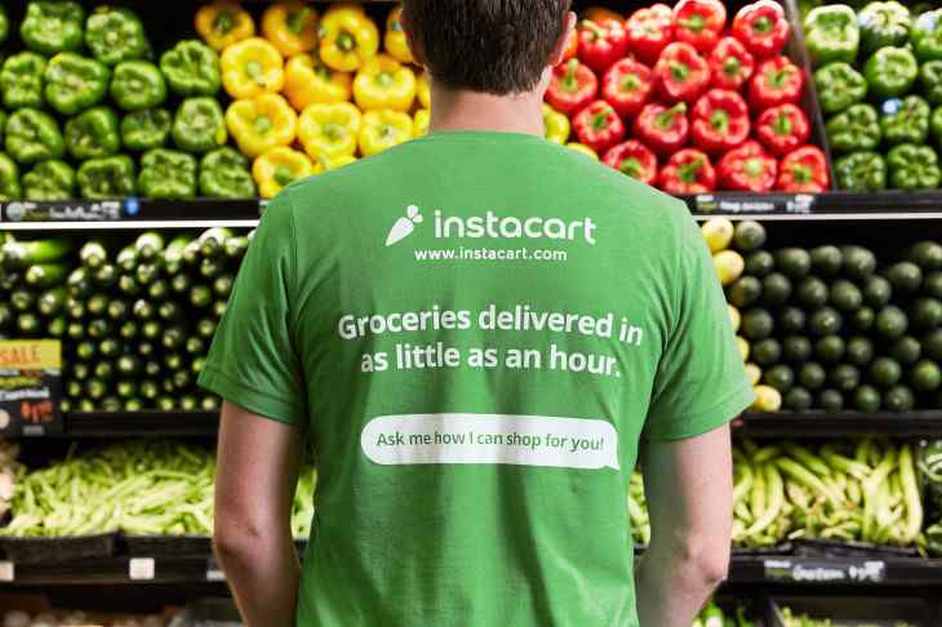On-demand grocery delivery startup Instacart cuts its valuation by about 40% to $24 billion to reflect selloff in tech stocks

In March 2021, Instacart doubled its valuation to $39 billion after raising $265 million in funding. It was the second time Instacart doubled its valuation since the start of the pandemic in February 2020, making the on-demand grocery delivery startup the second-largest U.S.-based unicorn, behind SpaceX, Elon Musk’s space startup which was valued at $74 billion at the time.
Fast forward a year later, Instacart announced it has slashed its valuation by almost 40% to about $24 billion to reflect the selloff in technology stocks this year. Instacart is not alone. Other tech stocks have been hammered since Russia’s invasion of Ukraine started about six weeks ago.
The startup is now telling its employees and potential recruits that upcoming stock awards will be issued at a much lower price, making equity packages more attractive and in alignment with market conditions.
“Markets go up and down, but we are focused on Instacart’s a long term opportunity to power the future of grocery with our partners,” an Instacart spokesperson said in a statement.
The last few years have been a roller-coaster ride for the ten-year-old startup. In July of 2021, shortly after its big financing round, the company named ex-Facebook executive Fidji Simo as CEO, succeeding founder Apoorva Mehta.
Founded in 2012 by Apoorva Mehta (a former Amazon employee), Brandon Leonardo, and Max Mullen, the San Francisco, California-based Instacart is a grocery startup that offers same-day grocery delivery service. Instacart has quickly scaled to over 220 markets and partnered with retailers across North America, including popular national chains (Albertsons, Kroger, Costco, Loblaw) as well as local, regional grocers (Publix, Wegmans, Schnucks, H-E-B).
Instacart is available to more than 85% of U.S. households and more than 70% of Canadian households with delivery and pickup services across more than 5,500 cities in North America. The company expects to deploy the new capital in a number of ways, including product development focused on introducing new features and tools to enhance the customer experience, continued investment in Instacart Enterprise to support retailers’ end-to-end eCommerce needs, and further investment in Instacart Ads to help connect Consumer Packaged Goods (CPG) brands of all sizes to customers shopping online from their favorite local retailers.

